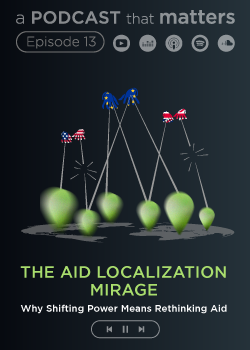Print

YouthEcoResilience (Y.E.R.)
Details
Locations:Germany, Ghana, Greece, Italy, Kenya, Malawi, Sweden, Tanzania
Start Date:Feb 1, 2025
End Date:Jan 31, 2028
Contract value: EUR 191,101
Sectors: Disaster Reduction, Education, Environment & NRM, Youth
Categories:Grants
Funding Agencies:
Date posted:Jun 12, 2025
Description
Programme(s): Erasmus+ (ERASMUS+)
Topic(s): ERASMUS-EDU-2024-VIRT-EXCH
Type of action: ERASMUS Lump Sum Grants
Project ID: 101193499
Objective: "YouthEcoResilience (Y.E.R.) aims to promote intercultural dialogue among youth to address the challenges of climate migration and enhance community resilience. Scientific research indicates accelerated climate change compared to expert predictions. Not only does science, but experience also shows that more and more families and communities are already experiencing the severe consequences of natural disasters and environmental changes, forcing them to leave their homes in search of a new life elsewhere. The impacts of climate change are manifold. Natural resources, such as drinking water, are at risk of becoming even scarcer in various parts of the world. Crop cultivation and livestock struggle to survive in the ""hot zones"" of climate change, where environmental conditions become excessively hot and dry, or too cold and rainy, jeopardizing livelihoods and exacerbating food insecurity. People try to adapt to this rapidly changing environment, but many are forced to flee their lands due to climate change and natural disasters, or move to ensure their survival. These new migration flows and competition for finite natural resources can trigger conflicts between communities or worsen existing vulnerabilities. To this aim, the project will be pursue the following specific objectives: 1. Deepen the understanding of socio-educational facilitators regarding the interconnection between climate change, migration, and human security. 2. Facilitate the sharing of knowledge, resources, and best practices among facilitators to promote the social integration of young climate refugees from Sub-Saharan Africa. 3. Promote youth empowerment to become agents of change in their communities by encouraging them to actively participate in awareness-raising, environmental education, and the promotion of climate justice. "

